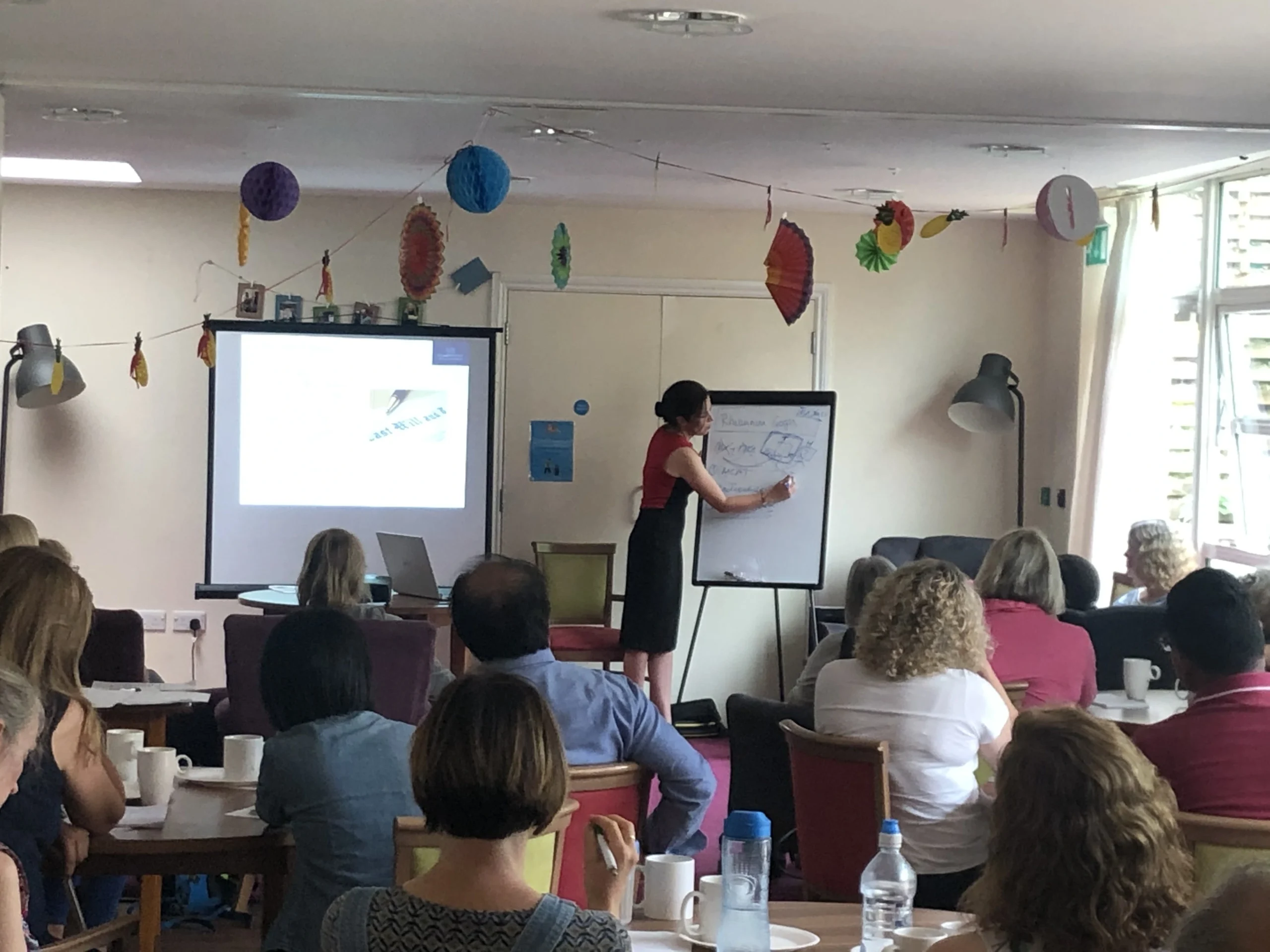One parent’s experiences of navigating the legal and financial landscape to put in place protection for her son.
Where it began
My son Tristan was diagnosed with autism at 36 months and as I am sure any parent will appreciate, at the time it really didn’t sink in. I knew very little about autism and some ten years later there is still so much I don’t understand.
It was within two years of Tristan’s diagnosis that I saw an advert for a seminar for parent/carers of children with special needs. It was run by a firm of solicitors in association with a local charity. At this point in my life I was a qualified financial adviser, running my own business and caring for my son at the same time. When the seminar came, I sat at the back of the room and listened as those presenting discussed trusts and wills. Honestly, as much as I tried to understand, it felt like a dark art. I didn’t really grasp the importance of the stories I was hearing and there was a lot of jargon. I picked up copies of the slides and left. I suppose I’d never really thought (or rather wanted to think) about what would happen when I was no longer here. It simply didn’t bear thinking about.
A family like ours
Driving home from the seminar it suddenly dawned on me that what I had put in place for our own finances was generally great, but not for a family like ours. I’d named Tristan in my will – should I have done that? I’d chosen guardians who didn’t know my son was autistic and I hadn’t used trusts to protect my life insurance or pensions for a start. As a chartered financial adviser, I understood the role of trusts, but hadn’t considered the protection they could provide for my own son.
Picturing in my mind what would happen should I die, I knew that I had to get my house in order. Thankfully years of training could be put to a very personal use. Over the next year I researched and refreshed my knowledge around trusts. I visited solicitors, looked at draft wills, read as many trusts as I could and restructured what I had set up for our family. I questioned different experts at many different seminars (how irritating I must have been) but I needed to get it right.
Back to the drawing board
Once I felt I understood what I needed to do, I arranged a new will, with a trust, I made sure my life insurances were fit for purpose and spent time thinking about how the pensions would be ‘left’. I created presentations explaining what I’d done and visited charities, special schools and parent carer forums to share and listen. I heard stories of the trouble caused by money being left without the protection of a trust, so I knew that what I had to share was important. I was invited to speak at conferences and when COVID hit, I set up online presentations on Eventbrite. I had quite inadvertently struck a chord with thousands of parents and carers who like me, worried about what would happen to their son or daughter when we were no longer here to protect them.
Tried and tested
Of course, there is no handbook for situations like this. In my experience, many parents and carers simply aren’t aware of the difficulties in leaving money to someone with vulnerabilities, or how mental capacity has an impact. I certainly hadn’t considered whether my son would be in receipt of means tested care for
example. I would never want to jeopardise any care my son had in place by leaving him money. I wondered if he would always struggle to read body language and if I wasn’t around would he know if he was being manipulated or taken advantage of? What about his grandparents leaving him money?
Thankfully, there are tried and tested ways of protecting the vulnerable that canultimately give parents and carers reassurance, peace of mind and a way to plan for the future.
Putting aside time to plan
What is right for my son, may not be right for everyone, there are different depths and breadths of vulnerabilities to consider. However overwhelming it may seem though, the complexities of providing for a child with a disability are not insurmountable. The first step is reading this article. The next step is putting time aside to plan and find out more. Our Wills and Trusts for Special Needs course is a
great place to start.
Think about what you want to happen, who might be good guardians or trustees for example? Make enquiries with a friendly solicitor who understands the challenges and ask relentless questions if you need to. A professional who is knowledgeable and committed to helping you, really won’t mind.



